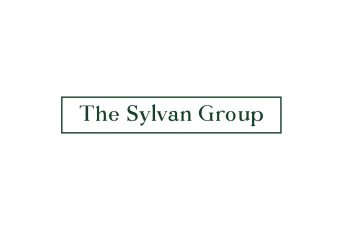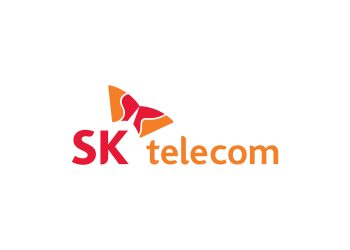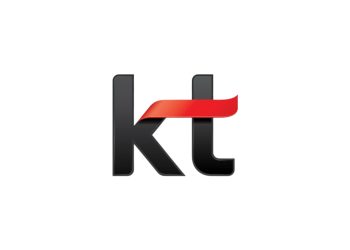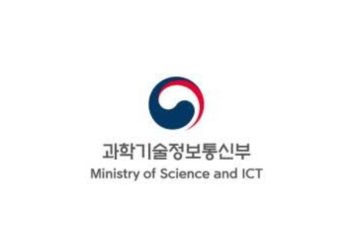SK Telecom, South Korea’s leading mobile carrier, announced that it acquired the Ministry of Science and ICT’s approval to end its second-generation (2G) cellular network services, which lasted for about 25 years.
In a media briefing on Friday, the ministry said that the decision came after the telecom company made a request seven months ago to terminate the old service without harming existing users. The company cited the high cost of operating outdated servers, mechanical failures, and declining 2G subscribers.
SK Telecom vowed to provide subsidies and offer incentives to about 384,000 existing 2G users. These include providing for the next two years a 70 percent discount on subscriber’s fees and giving certain newer phones to existing 2G customers for free.
The company said that it would phase out its 2G service by June 2021, starting on July 6 this year.
The service termination means that existing users would need to change service plans. However, SK Telecom would allow them to retain their numbers starting with 011 and 017 for the remaining year. After the termination of the service, the first three numbers would then be converted to 010, which 3G and higher phones use.
South Korea’s 2G Service
In 1966, SKT was the first to introduce the second-generation service in the country, followed by LG Uplus and KT.
KT ended its 2G service in 2011. Meanwhile, LG Uplus has yet to announce when its 2G service would end. Currently, LG Uplus is the last telco to provide a 2G network in South Korea with around 475,500 2G subscribers.
Lee Tai-hee, deputy minister of network policy, expects that LG Uplus would soon follow suit.
The ministry said it would ensure that SKT follows the measures placed for the protection of the remaining 2G subscribers.
South Korea has a population of 51 million, with around 70 million mobile subscribers. Currently, of those 70 million subscribers, about seven million already now use the 5G network.







